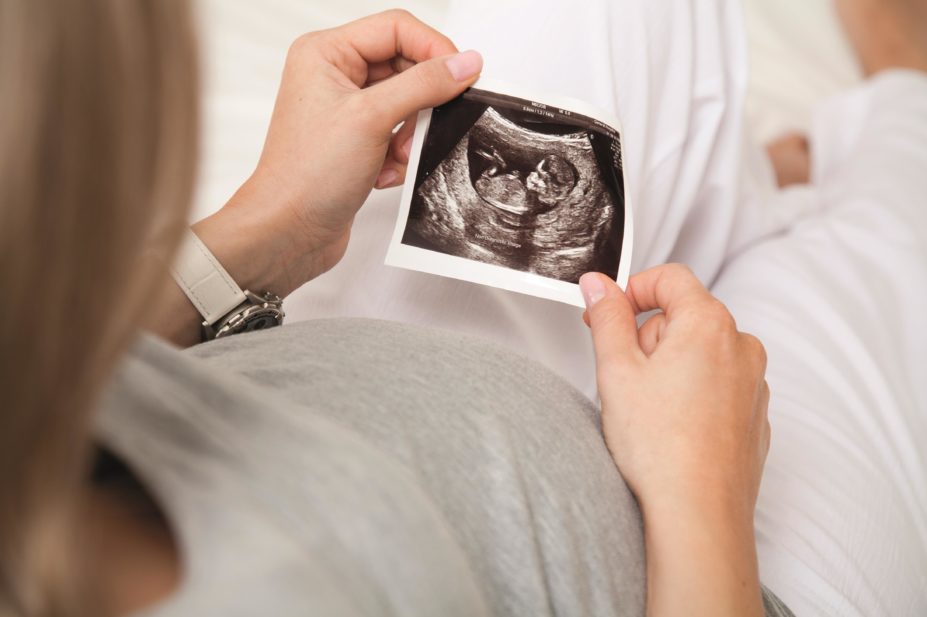
Shutterstock.com
Pregnant women who have cancer do not necessarily need to have a termination for fear of the harm their treatment will cause a developing baby, a study suggests.
In the study, published in the New England Journal of Medicine
[1]
on 28 September 2015, researchers found that chemotherapy, radiotherapy or a combination of both did not impair the cognitive, cardiac or general development of children born to mothers treated for cancer during their pregnancy.
The study only considered women who received chemotherapy after the first trimester of pregnancy, which is after the ten-week gestational age at which foetal development is less “vulnerable.”
This assurance cannot be extrapolated to all chemotherapy agents — especially the new targeted treatments. The researchers only assessed the cognitive, cardiac and general development of children at 18 months and 36 months.
Despite the limitations on the results, the researchers suggest: “Our data suggest that the diagnosis of cancer during pregnancy is not necessarily an indication to terminate the pregnancy.
“Although caution is always indicated, treatment of the maternal cancer in the second trimester or later may not be harmful to the foetus.”
The research considered 129 children whose mothers had cancer and a control group of 129 children whose mothers did not have the disease. Their median age was 22 months.
Of the children who had prenatal exposure to maternal cancer, 74.4% of them were exposed to chemotherapy either on its own or combined with other treatments, and 8.5% were exposed to radiotherapy on its own or in combination with other therapies.
Some 10% of the children were born to mothers who had undergone cancer surgery during the pregnancy; 1.6% had mothers who received other drug treatments, and 10.9% of the children were born to mothers who received no cancer treatments.
The researchers found that between the groups there was no significant difference in cognitive development on the basis of the Bayley scales of infant development score (P=0.08) or in subgroup analyses. The gestational age at birth was correlated with the cognitive outcome in the two study groups.
The cardiologic evaluation — which included a 12-lead electrocardiography and a detailed echocardiographic examination — also revealed normal cardiac findings at 36 months of the 47 children from each group who were assessed.
They discovered that children in the group exposed to maternal cancer were however more likely to be born prematurely — 61.2% were born pre-term compared to the general percentage of pre-term births of 6.8–8.0% in the participating countries.
But they added: “Pregnant women may be informed that the likelihood of prematurity is higher than that in the general population, but among pre-term babies, the child is unlikely to have unique problems more serious than those of pre-term babies born of women without cancer during pregnancy.”
John Newlands, senior cancer information nurse specialist at the cancer patient charity, Macmillan Cancer Support, says: “Overall cancer affects women in approximately 1 in 1,000 to 1,500 pregnancies, however incidence is on the increase. This is partly due to women opting to start a family later in life, when cancers are more commonly diagnosed.”
Decisions about cancer treatment are always difficult, he says, but particularly so for a pregnant woman.
“It’s really important that everyone with cancer has access to high quality information and is supported to understand their options, including the benefits and any potential risks. Studies like this can help clinicians support people so that they get the best possible treatment for them as individuals.”
References
[1] Amant F, Vandenbroucke T, Verheecke M et al. Pediatric outcome after maternal cancer diagnosed during pregnancy. New England Journal of Medicine 2015. doi:10.1056/NEJMoa1508913


